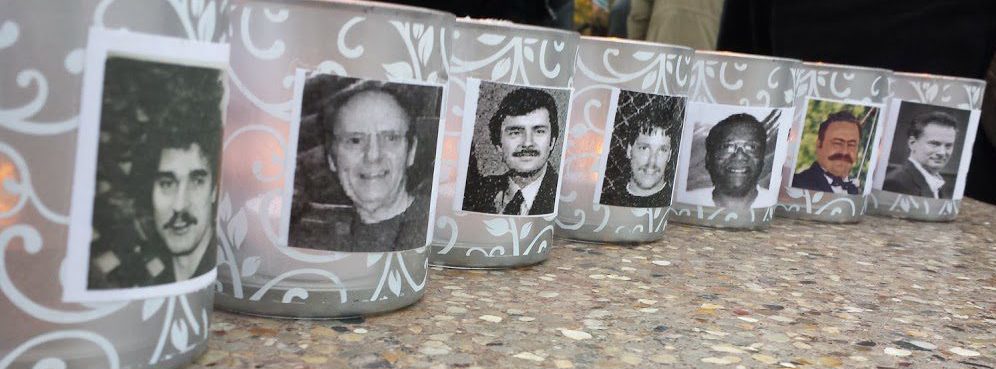As 2023 draws to a close, I’d like to share some thoughts on what this “journey for justice” on behalf of six innocent men has meant to me.
But first, an announcement. On August 30, Keith Kutska, was released on parole.
WBAY coverage of Keith Kutska’s release.
For the first time in decades-with the exception of Dale Basten-all of the men; exoneree, Michael Piaskowski, Keith Kutska, Michael Hirn, Reynold Moore, and Michael Johnson are home for the holidays with loved ones! Sadly, Dale passed away on June 23, 2018, nine months after his release from prison.

Dale Basten in 2016 at Stanley Correctional Institution
Since 2009 when I first learned of this grave injustice and pledged my support to help free these men, I had no knowledge of the eye-opening realities of our criminal justice system. While I still believe that the system gets it right the majority of the time, it is those instances; too many of them, that we as a society must scrutinize and remedy.
I do not claim to be an expert in this field and I certainly do not have any grand solutions to rid the system of wrongful convictions. I only know that what I’ve seen up close as a bystander in one of the most notorious cases in Wisconsin history is quite disturbing. And the results can only be measured in lives destroyed…lives lost…lives wasted…all for no good reason.

Keith Kutska with his lawyers during his evidentiary hearing in 2015
In the Monfils case there has been adequate opportunity for those with the ability to do so, to finally correct this injustice in light of the new evidence and information brought forth during the 2015 evidentiary hearing for Keith Kutska by a well-respected and unbiased law firm. Sadly, that has not happened. On the contrary, the pushback to maintain the status quo in this case has been unrelenting.

Former DA John Zakowski is currently a judge in the same district
Unfortunately, that defiance is not unique. But thanks to the Innocence Project organization and the more recent installations of CIUs (Criminal Integrity Units), there are credible and effective resources available to help push through such barriers.
Observing and watching in real time how the more recent legal process has progressed in Wisconsin has been more of an education than I could have ever imagined. Unfortunately, my takeaway has been a less than stellar opinion of the entire judicial process. I no longer readily accept at face value, the information provided in news clips regarding other arrests, investigations, etc. I just always have this nagging fear of possible “gaps” in those stories.
I’ve gotten to know the six men in the Monfils case and many others since who have experienced the nightmare of being falsely accused. Above all, I’ve witnessed remarkable courage, unwavering determination, and unparalleled strength of character. Ironically, the very folks who’ve overcome absolute hopelessness, devastating disappointments, and brutal animosity are some of the nicest people on the planet. It has been a privilege for me to have met enough of them to know that there is so much to be learned from all of them.
While the goal of full exonerations for all of these Wisconsin men has yet to be realized, I am proud of my role as a social justice advocate. I am proud of this legacy for myself and my family. I am proud of my accomplishments as a writer who has found her voice and who has chosen to use it to educate, to inspire, and to advocate for those victimized by a flawed criminal justice system.

Many of you have lent your support in various ways over the years. For this I am grateful. Now, for the sake of continuing to educate the public, you can help me spread this story far and wide. Maybe consider buying a copy of my book for a friend or a loved one.
Purchase through my website. Click on the book image in the upper right corner of this page.
Order the book through my publisher, Kirk House Publishing
If you’ve read the book, THANK YOU! A brief review on Amazon is always helpful in maintaining a book’s visibility.
Most importantly, it truly is a gift for these men to see and feel the amazing support from all of you on their behalf!
Thank you and Happy Holidays!


 Sketch of Tom Monfils by Artist Jared Manninen
Sketch of Tom Monfils by Artist Jared Manninen




